Decaffeinated coffee may be in need of an energy injection. Retailers are more positive, however, about decaffeinated tea.
The decaffeinated coffee sector registered a slight decline of 0.8% last year, according to Nielsen [MAT w/e 14 July 2007], but industry experts believe it is an important sector to focus on in the future.
"Decaffeinated coffee accounts for 13.5% of the total coffee category, or £78.4m worth of sales, so it is still a huge sales opportunity for retailers," says Dave McNulty, convenience sales customer director at Kraft Foods.
"It is important to note, however, that fully decaffeinated brands make up 93% of the sector compared with only 7% for half-caf products, meaning retailers with limited space should concentrate on stocking fully decaffeinated options to maximise sales [Nielsen MAT w/e 14 July 2007]."
According to McNulty, Kenco Freeze Dried Decaffeinated coffee remains the number one decaffeinated coffee, with £17.7m sales.
Nestlé also recorded strong sales for its Nescafé Original Half Caff and its Nescafé Original Decaff, which grew 13% and 21% respectively [IRI w/e 14 July 2007].
These brands, however, were very much the exception.
"Decaf is at best flat. We've not placed a high amount of focus on it this year - it's an area we believe there is an opportunity to put some growth in, so there will be more activity in 2008," says Nestlé's UK trade communications manager Graham Walker.
While coffee is suffering, retailers are positive about the fortunes of decaf tea. "Decaf tea is growing, albeit from a small base," says Waitrose's hot beverages buyer Michael Simpson-Jones.
In tea, decaf is the second fastest-growing sector, worth £27m and up 10% year-on-year [IRI]. Tetley's decaf, the number one decaf tea, is worth more than £9.3m and growing at 12%, faster than the decaf sector as a whole [Nielsen MAT w/e 9 June 2007].
"We reblended it in 2005 so it's as close to normal Tetley as possible," says Tetley's customer marketing controller Simon Attfield.
Yorkshire Tea Decaffeinated, launched 18 months ago by Taylors of Harrogate, is the fastest-growing brand in the sector, holding 5.9% market share [Nielsen w/e 18 June 2007].
"It is evident that tea drinkers aren't happy to compromise on taste just because they want to cut back on caffeine intake," says Andrew Jones, sales and marketing director.
For further growth, decaf tea needs to stand out more on shelf displays, according to Unilever UK's category strategy manager Adrian Adams. "We expect decaf to grow, but the issue is that growth is blocked because customers can't see it."n







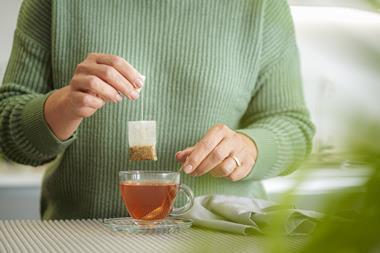
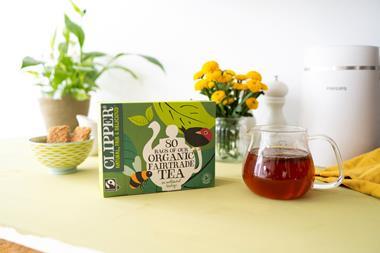
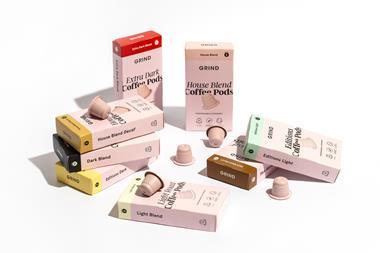
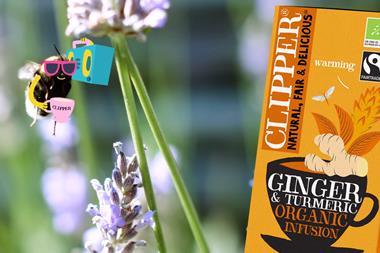
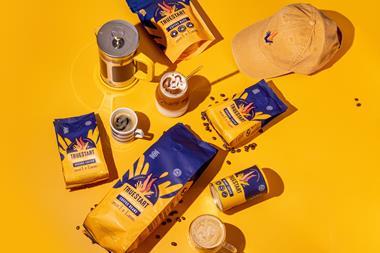






No comments yet